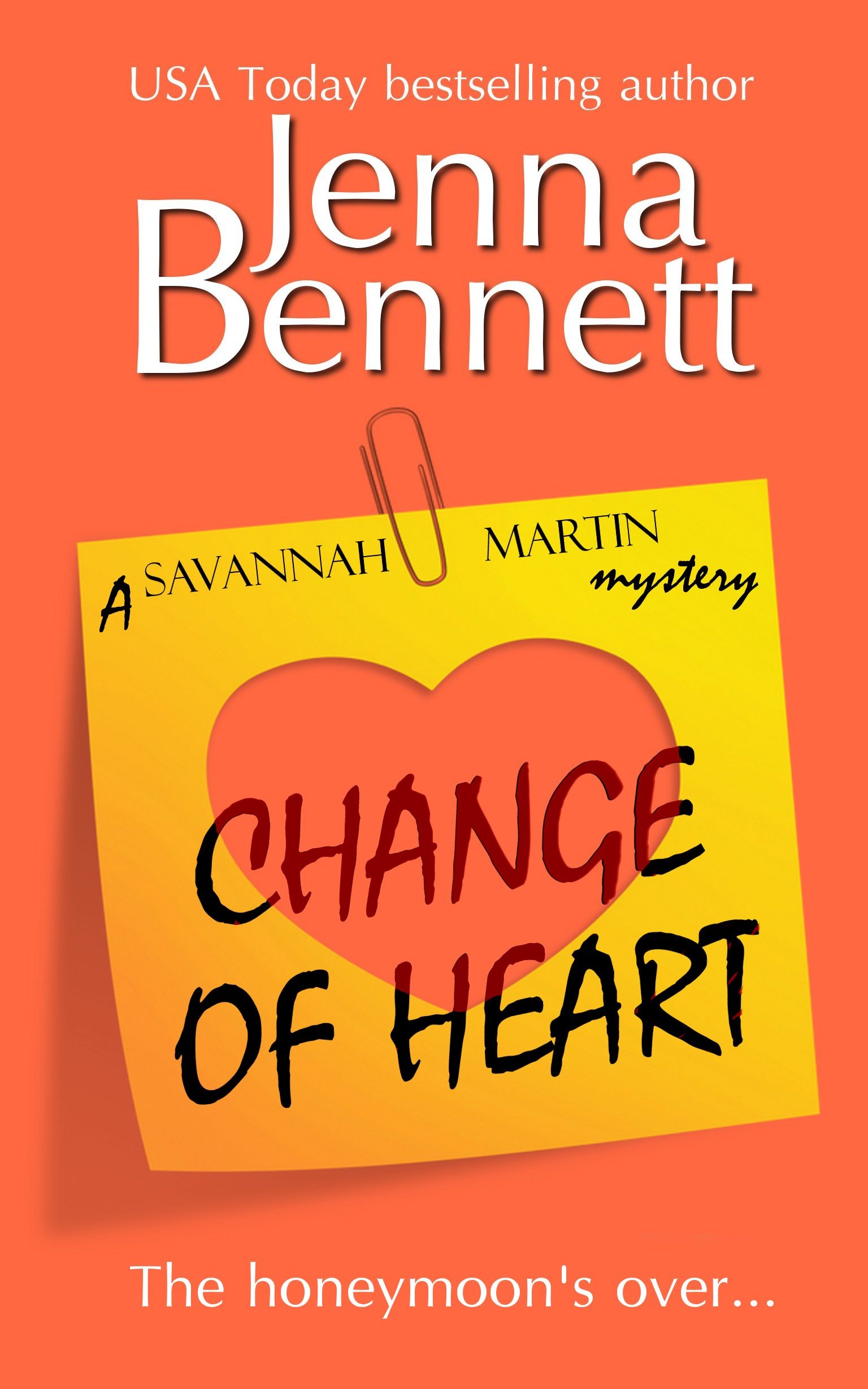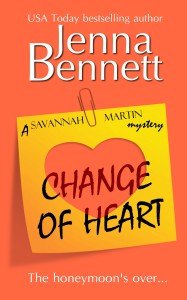My thriller Calico, out this week in a new paperback and deeply discounted ebook editions, is both a contemporary police procedural…and a traditional western set in 1883. What the two storylines share is a body, buried in a shallow grave in California’s desolate Mojave desert.
I’d been thinking about the story for years… but put off writing it because I had too many contractual commitments and not enough time in-between them to do it. Those are lies, of course, excuses I told myself to justify not writing the book.
The truth is, the story terrified me. Thrillers are hard enough to write without trying to balance two time-lines and, on top of that, two wildly different genres (actually, three genres, but talking about that would be a spoiler).
 The challenge of telling two connected stories, one in the past and one in the present, is making sure the reader isn’t ahead of the characters in either time-line. Because if you fail, it will kill the suspense and the mystery. There will be no surprises. Yet, you also don’t want to withhold information from the reader, because that would be cheating. The trick is knowing when to cut away from on time-line to the other, so the reader is never quite sure how much they really know. Maintaining that delicate balancing act throughout the story is the sweet spot because, if you can pull it off, it creates a palpable tension that generates excitement… the thrill in thriller.
The challenge of telling two connected stories, one in the past and one in the present, is making sure the reader isn’t ahead of the characters in either time-line. Because if you fail, it will kill the suspense and the mystery. There will be no surprises. Yet, you also don’t want to withhold information from the reader, because that would be cheating. The trick is knowing when to cut away from on time-line to the other, so the reader is never quite sure how much they really know. Maintaining that delicate balancing act throughout the story is the sweet spot because, if you can pull it off, it creates a palpable tension that generates excitement… the thrill in thriller.
You also have to create two protagonists, one in each time-line, that the reader will find equally compelling and that will anchor the reader so they can endure the shifting POVs. In Calico, those characters are Beth McDade, a disgraced ex-LAPD cop, seeking redemption as a San Bernardino County Sheriff’s detective in the Mojave Desert in present day…and, in 1882, it’s unskilled wanderer Ben, desperately trying to survive in a silver mining camp located in a scorching, dry, desolate hell-scape. Ben’s choices in the past will have a profound impact on Beth’s life over 135 years later, when a homicide investigation will either redeem her… or destroy her.
I created a spreadsheet to track the two time lines…as well as the key plot moves/reveals which, if given away too soon or too late, could ruin the entire book. I also used the spread sheet to get a sense of the pacing, of when it would be the right time, emotionally or thematically, to shift time periods, to keep the narrative momentum moving at warp-speed.
Beyond telling a two-track story, I wanted to take the two genres (actually three) and, while delivering on the familiar tropes, also subvert all the baked-in cliches and expectations. So, I gave myself another delicate balancing act to perform: delivering a true police procedural and a western (and that other genre I’m not revealing), while also de-constructing them to create something new.
And if you’re crossing genres, and time-lines, it’s essential that you maintain the same tone and pacing across them both, so it doesn’t feel like two different books, but one relentlessly engaging thriller.
Calico was the hardest book I’ve ever written (out of nearly 40) but, in some ways, it’s been the most creatively rewarding. I’m glad I took the risk. Because I believe if I don’t occasionally scare or challenge myself, I’m going to fail anyway – because my writing will become formulaic and complacent.
I hope you’ll read Calico… and that you’ll let me know if my high-wire act worked…or if I hit the ground with a sickening splat.
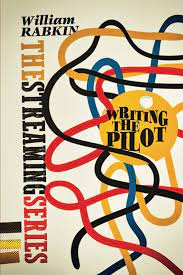

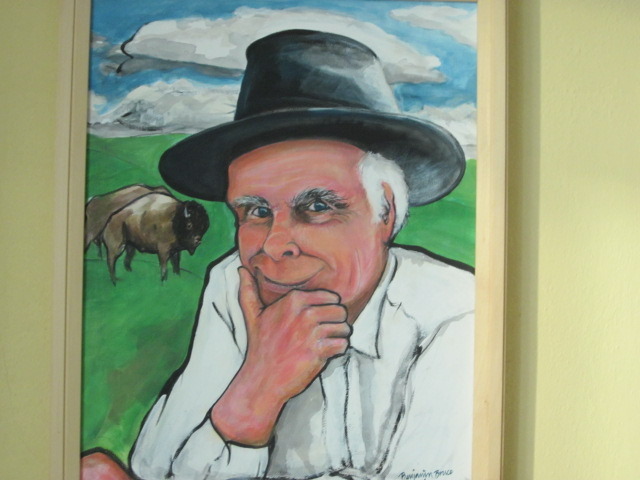
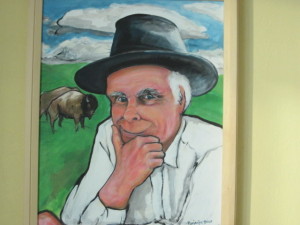 There are lots of reasons why I write mystery novels and thrillers… To entertain myself. To make a living. To tell a story. But sometimes it’s not easy to put my butt in the chair and write. But then I come across
There are lots of reasons why I write mystery novels and thrillers… To entertain myself. To make a living. To tell a story. But sometimes it’s not easy to put my butt in the chair and write. But then I come across 

